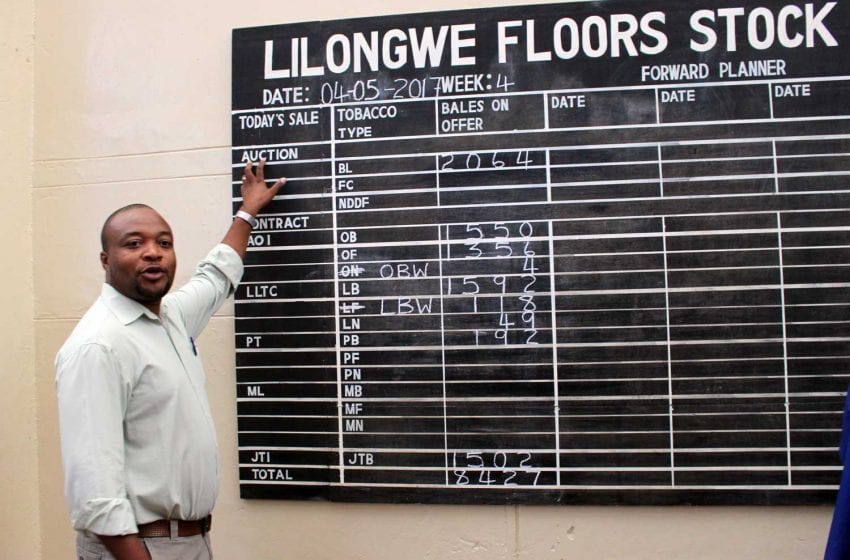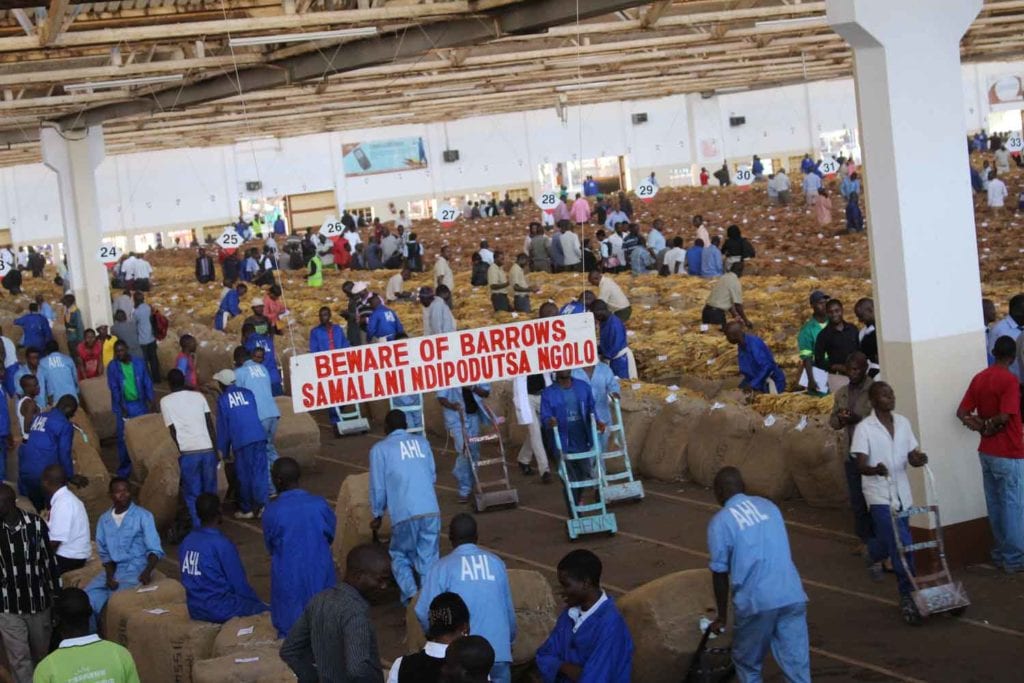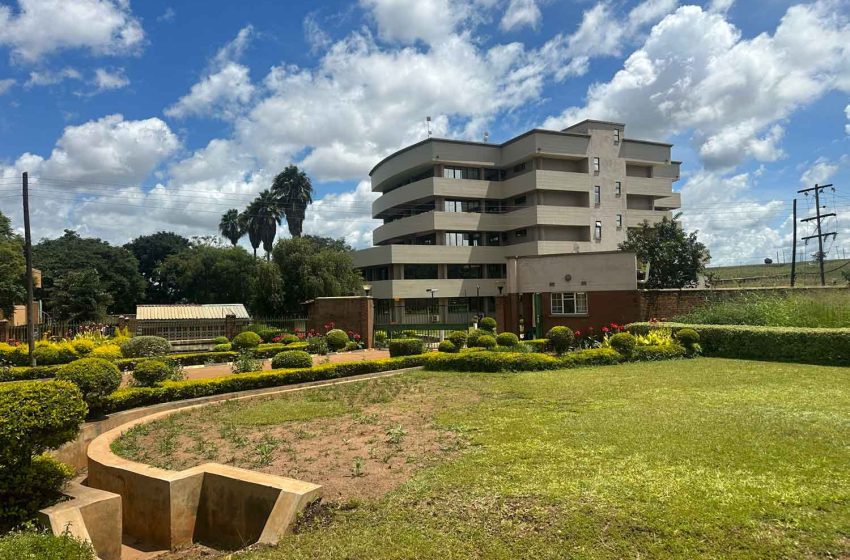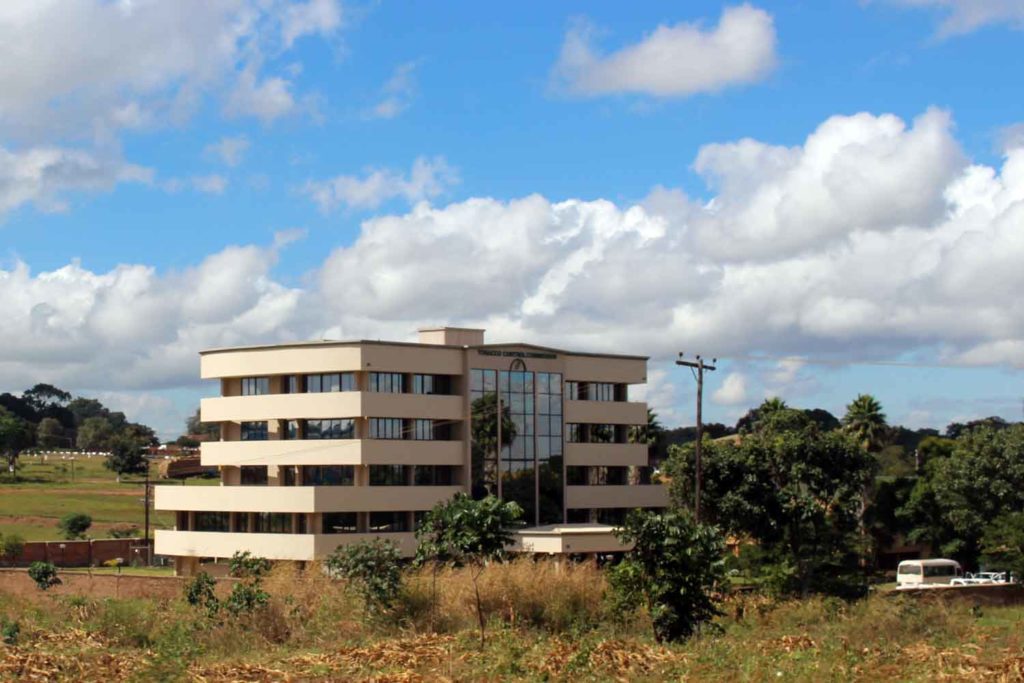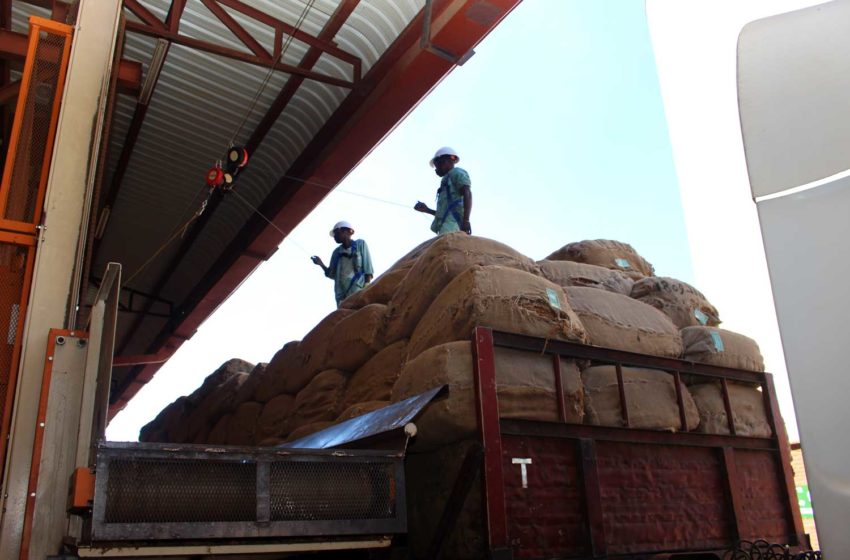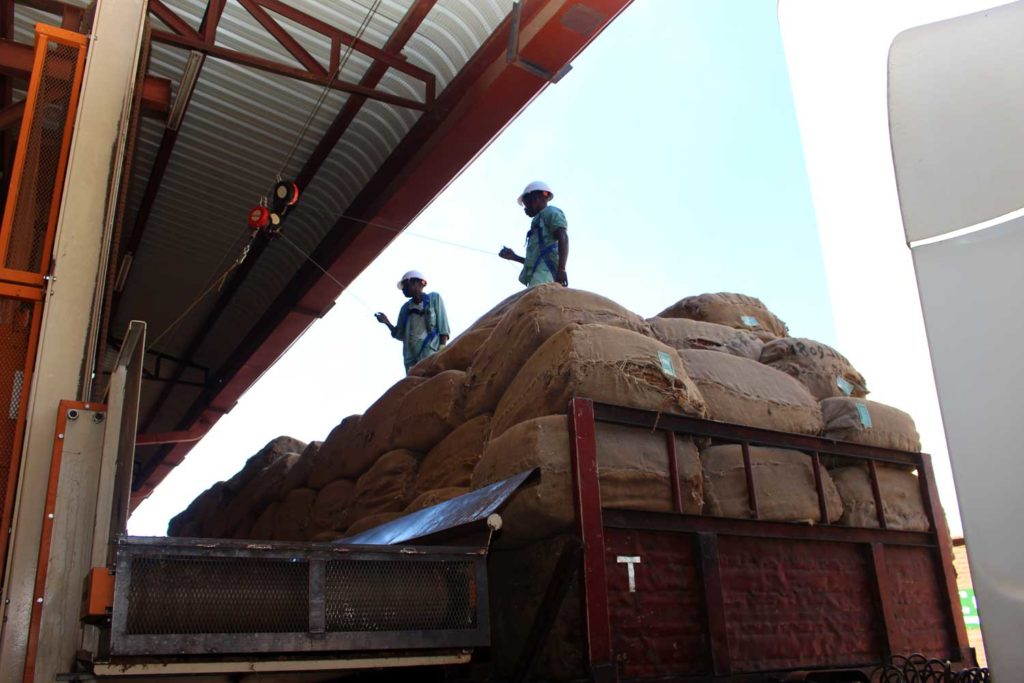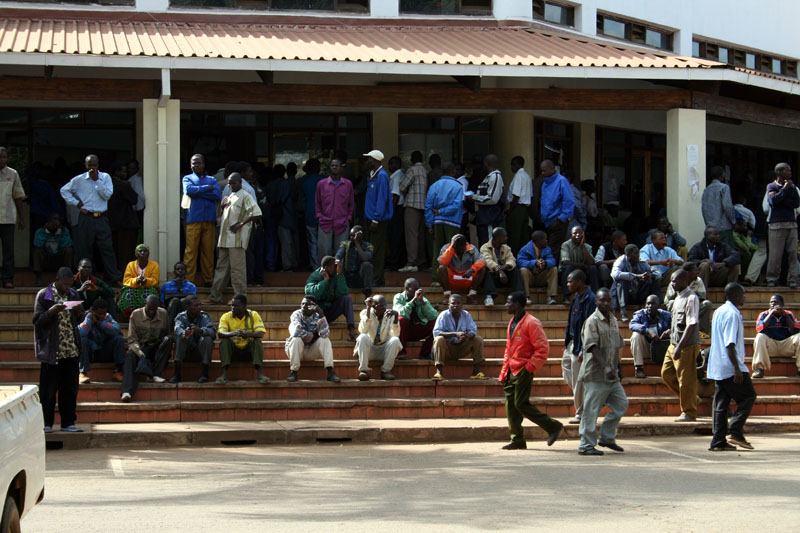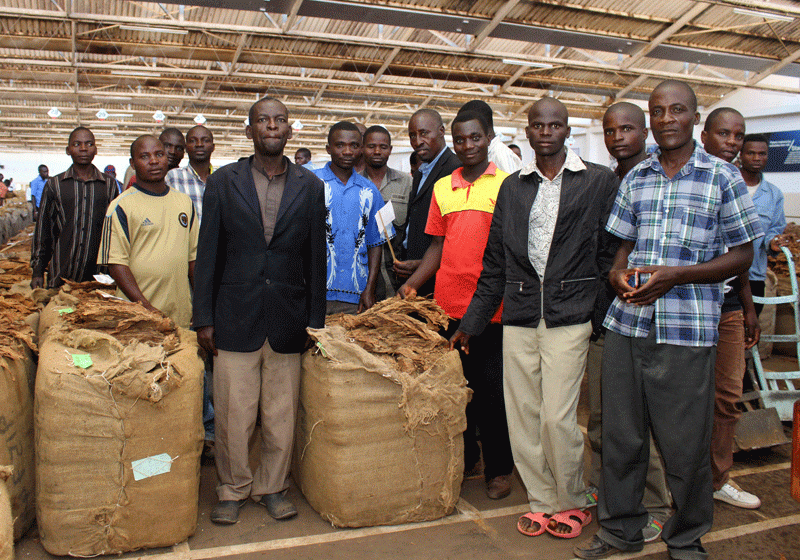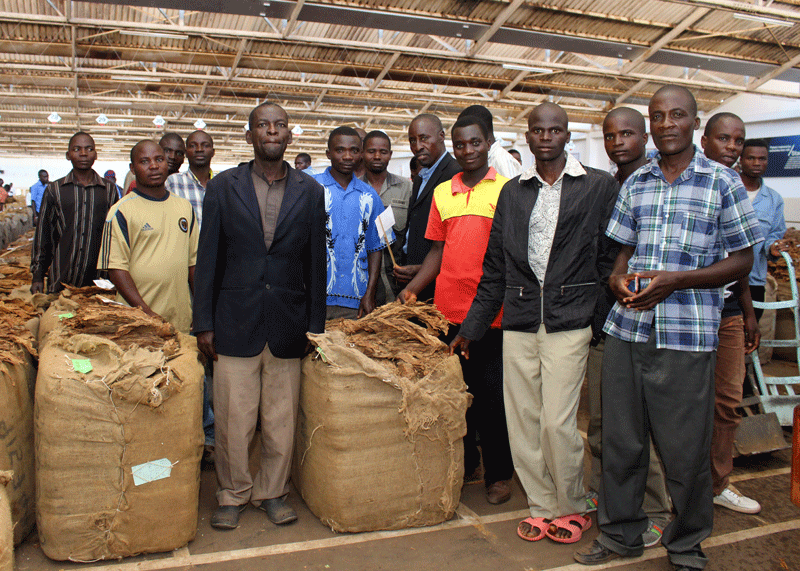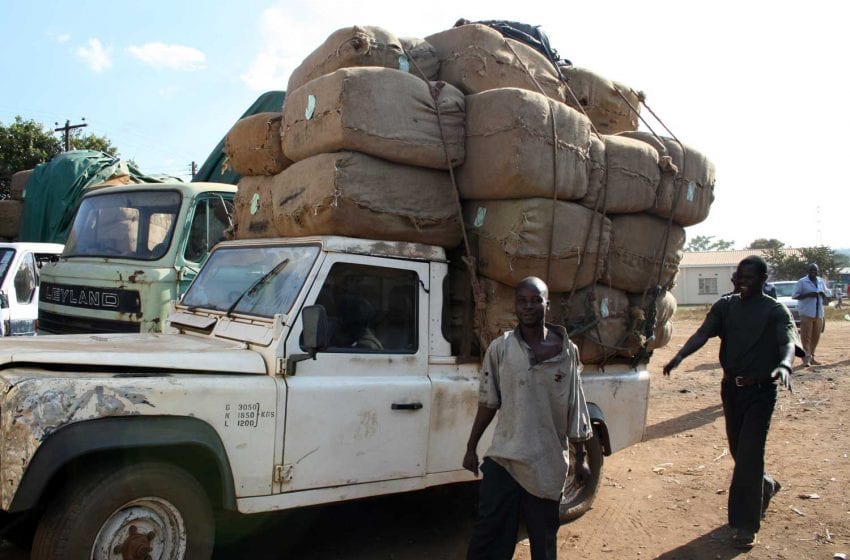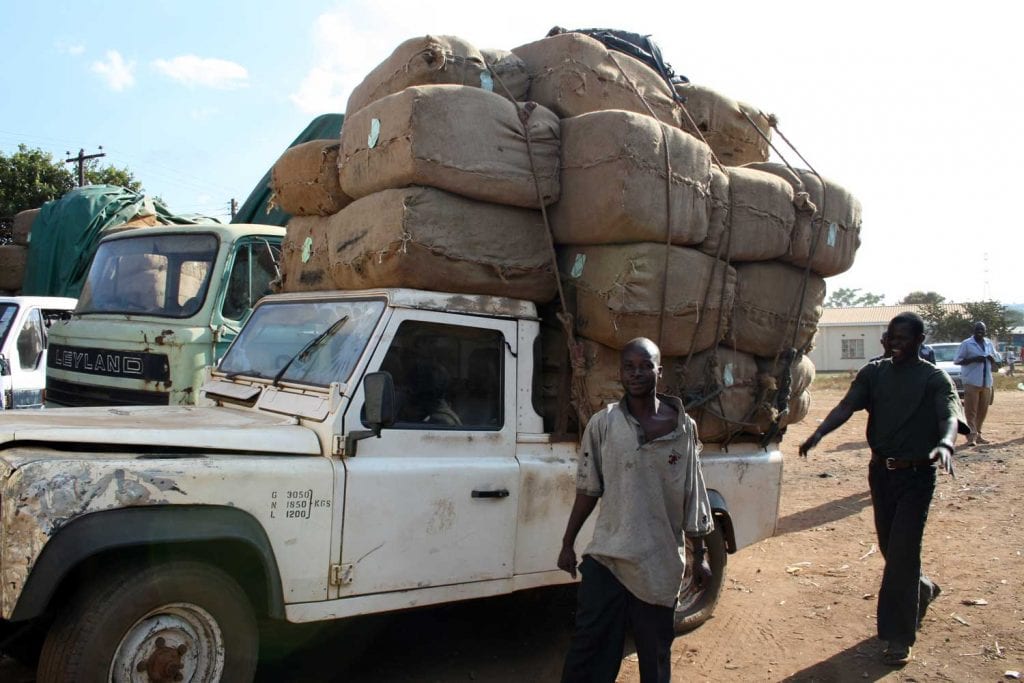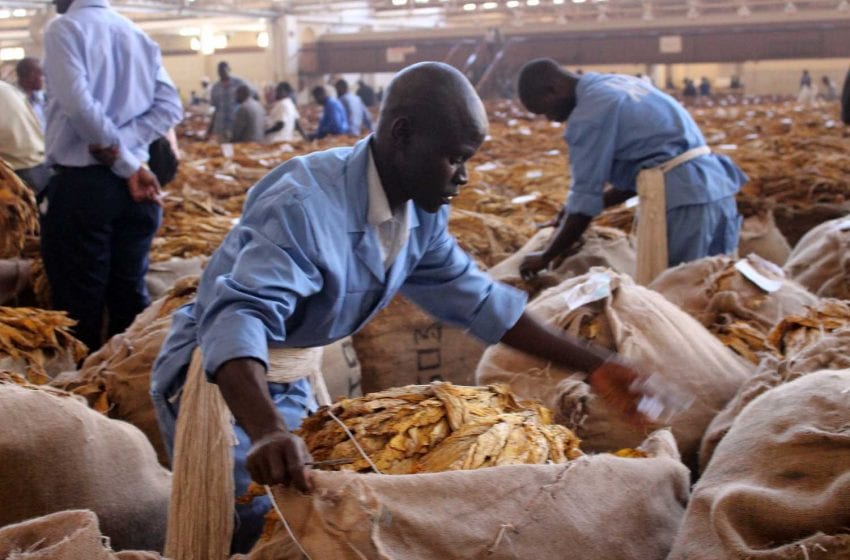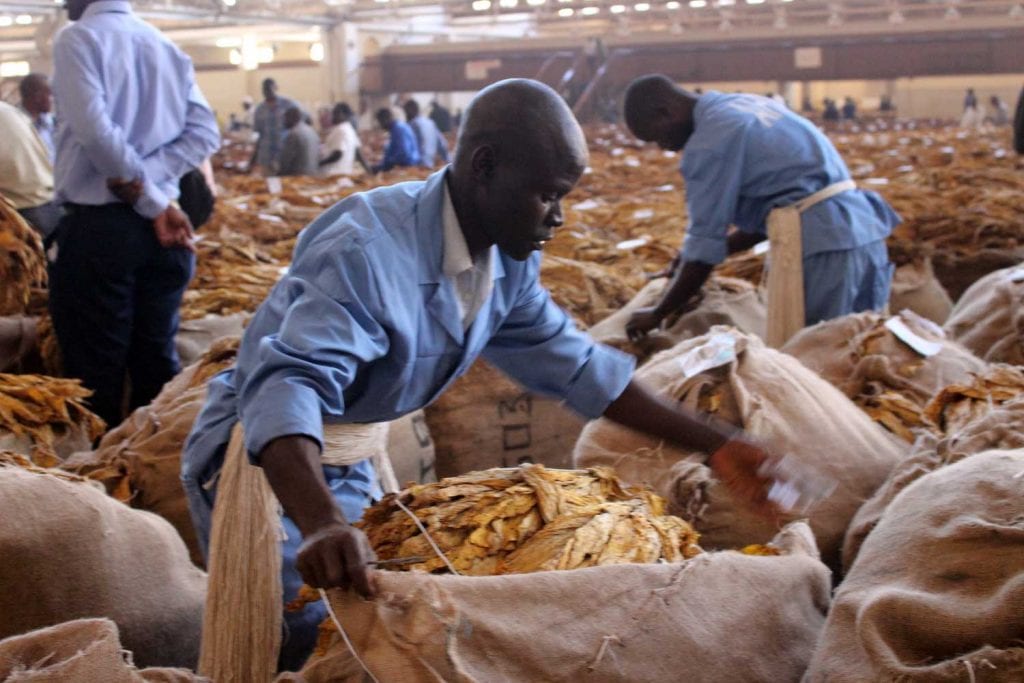The Institute of Chartered Accountants in Malawi (ICAM) has fined Deloitte Malawi after finding the auditing firm guilty in cases involving its audits of Malawi Leaf Company.
ICAM conducted investigations through the Ethics and Investigations Committee and convened disciplinary hearings through the Disciplinary Committee on cases of its members, according to Malawi24.
In one case, ICAM says Deloitte did not give due diligence to the procedures in auditing Malawi Leaf Company (MLC) , a subsidiary of Auction Holdings Limited. Deloitte assured that AHL Group had complied with the applicable International Financial Reporting Standards.
The company was found guilty for this and the ICAM council has imposed on Deloitte a maximum penalty of a severe reprimand and a fine of 1.5 million Kwacha.
Between 2014 and 2016, ICAM says Deloitte did not give due diligence to the procedures in auditing and assured financial statements for the years in question that had errors and misstatements because they included fictitious sales made to Eastern Tobacco Company for $1.2 million.
The company was found guilty for this and the council has imposed on Deloitte a maximum penalty of severe reprimand and a fine of 1.5 million Kwacha.
However, Deloitte was found not guilty on a third charge related to overvaluing stocks in financial statements for 2014, 2015 and 2016.


